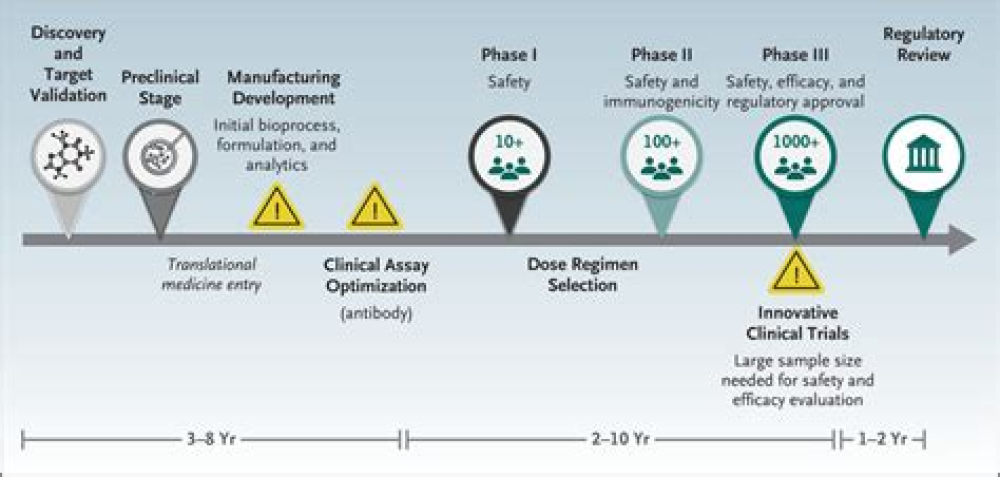Authors: Pratibha Anand 1, Vincent P Stahel 2
Abstract
The novel coronavirus disease 2019 (COVID-19) has infected more than 100 million people globally within the first year of the pandemic. With a death toll surpassing 500,000 in the United States alone, containing the pandemic is predicated on achieving herd immunity on a global scale. This implies that at least 70-80 % of the population must achieve active immunity against the severe acute respiratory syndrome coronavirus 2 (SARS-CoV-2), either as a result of a previous COVID-19 infection or by vaccination against SARS-CoV-2. In December 2020, the first two vaccines were approved by the FDA through emergency use authorization in the United States. These vaccines are based on the mRNA vaccine platform and were developed by Pfizer/BioNTech and Moderna. Published safety and efficacy trials reported high efficacy rates of 94-95 % after two interval doses, in conjunction with limited side effects and a low rate of adverse reactions. The rapid pace of vaccine development and the uncertainty of potential long-term adverse effects raised some level of hesitation against mRNA vaccines in the global community. A successful vaccination campaign is contingent on widespread access to the vaccine under appropriate storage conditions, deployment of a sufficient number of vaccinators, and the willingness of the population to be vaccinated. Thus, it is important to clarify the objective data related to vaccine safety, including known side effects and potential adverse reactions. The present review was designed to provide an update on the current state of science related to the safety and efficacy of SARS-CoV-2 mRNA vaccines.
For More Information: https://pubmed.ncbi.nlm.nih.gov/33933145/
